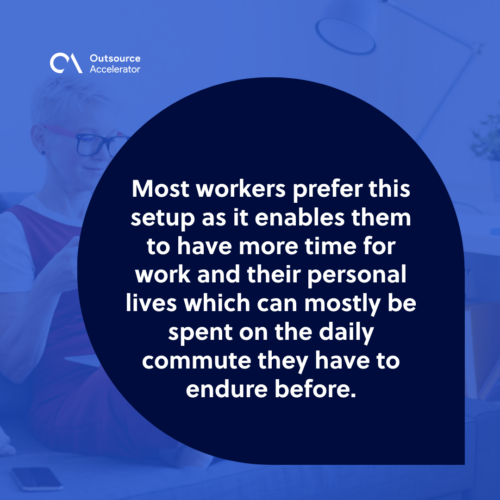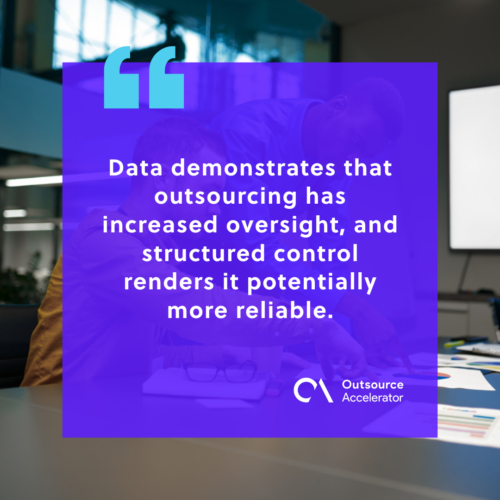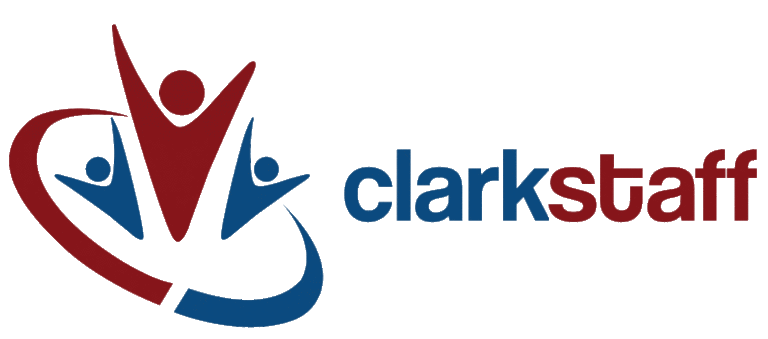Is work-from-home the same as outsourcing?

This article is a submission by Clark Staff. Clark Staff is an American-owned remote staffing company that has successfully operated since 2003. Its primary objective is to empower small and mid-sized companies by providing them with resources that were once exclusively accessible to Fortune 500 companies.
With the upheaval of new work setups that was prompted by the disruptions caused by the COVID-19 pandemic, the work-from-home setup that was once only available for freelancers has become more accessible to more people.
Even giving more equal opportunities to individuals who were once deprived of work because of their physical limitations makes it hard for them to go to the office and work. It was a game-changer for a lot of people.
However, remote setups are not new, especially in the outsourcing industry, as this industry has always been equipped with the right tools to do remote business effectively and efficiently.
It leads some to believe that work-from-home is basically outsourcing. This notion is actually far-fetched from reality and can create some level of confusion.
Needless to say, the global business landscape has been profoundly altered and has opened up a lot of options for workers and businesses.
While these two might appear similar, an in-depth exploration reveals significant differences, particularly concerning reliability and oversight, which are integral to the business process.
What is work-from-home?
Work-from-home (WFH) refers to employees performing tasks from their residence rather than a traditional office environment. Since the COVID-19 pandemic, WFH has skyrocketed, with 42% of the U.S. workforce working remotely full-time by mid-2020, according to a Stanford study.
Globally, WFH setups have been widely accepted. Most workers prefer this setup as it enables them to have more time for work and their personal lives which can mostly be spent on the daily commute they have to endure before.

Challenges of work-from-home
Despite it being a popular work model, work-from-home poses the following drawbacks:
Flexibility
WFH offers employees greater flexibility but can lead to inconsistencies. A study by Gallup showed that only 30% of employees felt engaged when working remotely.
This is due to the fact that some employees and even administrators are new to this setup, making it difficult for engagement to happen the same way as face-to-face ones.
Technology dependency
Its sole reliance on technology may pose challenges. As per a Buffer survey, 18% of remote workers reported technology issues as a significant hindrance.
The technology needed to do remote work often cannot be controlled or provided by some employers. In return, it defeats the perks that the setup can offer and can foster a downtrend in productivity and quality that can cause project delays.
Digital migrants can also have a hard time adapting to these changes, especially if there is no dedicated training and assistance for such technology migration.
Lack of oversight
The most unreliable facet of working from home is its lack of oversight.
The Stanford study also highlighted that 26% of managers expressed concerns over reduced accountability and a lack of direct supervision in a WFH environment.
This results in more downtime and dependence on the discipline of workers that cannot be guaranteed.
What is outsourcing?
On the other hand, outsourcing entails contracting work to third-party vendors, often overseas.
According to a recent study by Grand View Research, global outsourcing is predicted to reach USD 525.5 Billion by 2023 and expand at a CAGR from 2023 to 2030.
The difference it can bring is that while it is the same as a work-from-home setup where everything is done remotely, it offers a different brand of work reliability. The remote staff are expected to meet KPIs and are continuously being trained to meet client demands.
Advantages of outsourcing
Unlike the work-from-home setup, outsourcing provides the following benefits to businesses:
Cost-effectiveness
Businesses can save up to 70% on overhead costs through outsourcing, according to a report by MicroSourcing. Comparing the operational costs in your country, outsourcing is your way to go when you want to scale up your business sustainably.

Access to expertise
Deloitte’s survey revealed that 57% of companies utilize outsourcing to focus on their core business functions and access specialized skills.
Access to experts and niche skills are important especially if you are just starting your own business, hiring an in-house expert costs a lot of money.
Structured oversight
Outsourcing firms typically adhere to stringent oversight and quality control procedures. For example, 88% of businesses outsourcing their IT functions reported satisfaction with quality, as per Deloitte.
In fact, some outsourcing companies are helping their clients ensure quality assurance by doing their on-site duties, such as:
- On-board training assistance
- In-depth reporting as needed
- Cloud integration
- Payroll and human resources
Difference between work-from-home and outsourcing
Work-from-home and outsourcing have their own differences, especially in terms of the following:
Oversight mechanism
Outsourcing often involves rigorous contractual obligations and fosters a more controlled environment.
Critical business processes and information are safe from cyber-attacks and protected through carefully managed computers with protected servers, IP addresses, and dedicated IT and network security experts.
In contrast, WFH arrangements may lack systemic oversight. According to a Gartner survey, 52% of managers have reported concerns about employee productivity in a remote working environment.
Quality control
Quality control in outsourcing is usually more systematic. WFH on the other hand, relies heavily on individual responsibility and accountability, which in actuality cannot be trusted as they are not guaranteed variables.
Data from McKinsey reveals that outsourcing can improve service quality by up to 15% through specialized expertise and robust quality control measures. These efforts are also reinforced by the training and development initiatives of BPO companies for their employees.
Regulatory compliance
Outsourcing entities follow precise regulations, standard operating procedures, and playbooks to ensure that their operations adhere to the policies of their client companies.
Additionally, BPO companies are accountable for their own staff in terms of legal compliance with labor laws, health and safety laws, and legal provisions on employee benefits
While WFH may complicate compliance with standard organizational policies, A PwC report noted that 38% of companies faced difficulties maintaining compliance while managing remote teams.
So, is work-from-home the same as outsourcing?
The answer is plain and simple: not in a million miles.
While both are done remotely, their functions and reliability are different from each other. The intricate examination of work-from-home and outsourcing reveals fundamental differences in their:
- Structure
- Management
- Reliability
Data demonstrates that outsourcing has increased oversight, and structured control renders it potentially more reliable.

Meanwhile, work-from-home undoubtedly has its merits, including flexibility and the potential for work-life balance but the lack of oversight and varied quality output are evident concerns.
Outsourcing has been championing the same concept of staff care throughout the years and has developed systems and procedures to ensure that employees are able to achieve work-life balance.
This industry has always believed that an individual’s well-being is directly linked to productivity.
Outsourcing, with its clear performance metrics and robust quality management, offers an environment more conducive to consistency and reliability.
It should also be noted that it is not a one-size-fits-all proposition, and the choice between these two models must be examined considering the specific requirements of an organization.
However, when considering reliability and oversight as primary criteria, outsourcing without a doubt holds a compelling advantage.







 Independent
Independent




